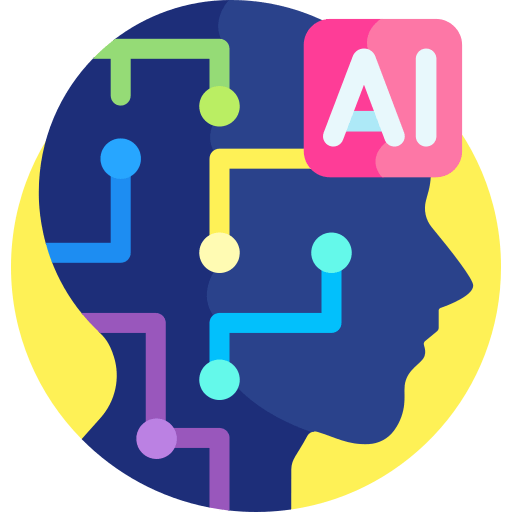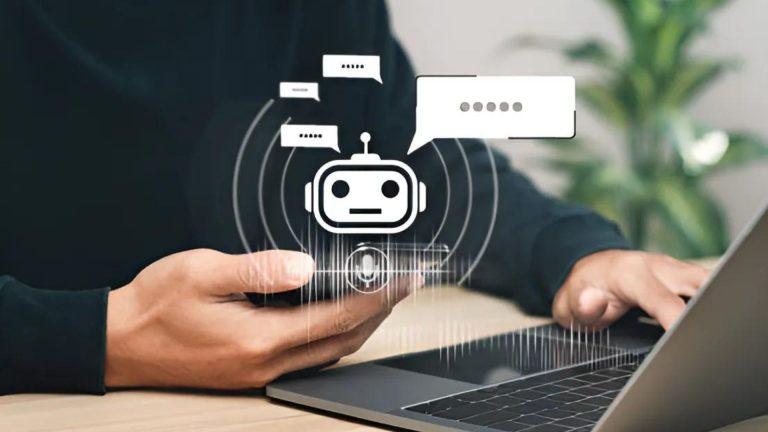Key Highlights
- AI chatbots are changing customer support. They provide instant help, and personal touches, and are available all the time.
- The chatbots in 2025 will enhance customer support using machine learning and language processing. This helps them understand tricky questions, give accurate information, and improve over time.
- Businesses that use AI chatbots see better customer satisfaction, lower operational costs, and more efficient ways to handle customer inquiries.
- The chatbot market is projected to reach $1.25 billion by 2025. This shows that businesses trust chatbots to improve the customer experience.
- Future trends suggest that chatbots will be emotionally intelligent. They will understand and respond to customer feelings, making support even more personal.
Introduction
In today’s digital age, customer expectations are very high. Because of this, Artificial Intelligence (AI) is changing how businesses handle customer support. Many companies now use AI tools to give quick and personal service. One important tool is AI chatbots. They help automate tasks in customer support and make interactions better between businesses and customers. This change is transforming customer service.
Understanding AI Chatbots and Their Evolution

AI chatbots are tools that can chat with people. They use machine learning and natural language processing (NLP) to understand what customers are asking and reply to their questions. These smart helpers create talks that feel real. They provide immediate help, information, and support on various platforms.
Over the years, AI chatbots have improved significantly. They started as simple, rule-based systems and have now become advanced conversational AI. This change is mostly due to better machine-learning methods and natural language processing skills. Chatbots can now understand complex language, context, and even emotions. This helps make conversations with customers feel more natural and personal.
The Genesis of AI Chatbots in Customer Support

The use of conversational AI in customer service increased because businesses wanted to provide quick and effective support at all times. In the beginning, chatbots followed simple rules and could only answer easy questions. They usually gave fixed responses and struggled with more complicated customer inquiries.
Now, customer service chatbots have changed due to generative AI and better natural language processing. Advanced AI models are trained on vast amounts of data. This helps chatbots have conversations that feel more natural and human-like.
This change was an important step for customer service. It helped businesses automate routine tasks and give instant responses. Now, support can be more efficient and focus on what the customer needs.
Key Technological Advancements Shaping AI Chatbots

The great development in AI chatbot technology comes from two main improvements: machine learning and natural language processing. Machine learning helps an AI chatbot learn from its chats with customers. It gets better by studying previous conversations to see patterns. This helps the chatbot understand customer inquiries better and provide more accurate responses.
Natural language processing helps AI chatbots to read and talk like people. This important development allows them to grasp not only the simple meaning of words but also the feelings and reasons behind what customers say. As a result, chatbots can provide answers that feel more personal and fitting. This makes conversations feel more real and engaging.
Machine learning and natural language processing help AI chatbots become much smarter. They are not just simple tools that answer questions anymore. Now, they can act like intelligent virtual assistants. They understand and respond well to complex customer needs.
The Role of AI Chatbots in Transforming Customer Support

AI chatbots are now a reality, not just a concept for the future. They are changing how businesses give customer support. This shift makes things more efficient, saves money, and boosts customer satisfaction.
Chatbots help by taking care of routine tasks. They are available for support all day and night. They also give personalized experiences. This makes it easier for human agents. Because of this, businesses can respond faster, lower wait times, and improve customer service at different points of contact.
Streamlining Operations with AI Chatbots
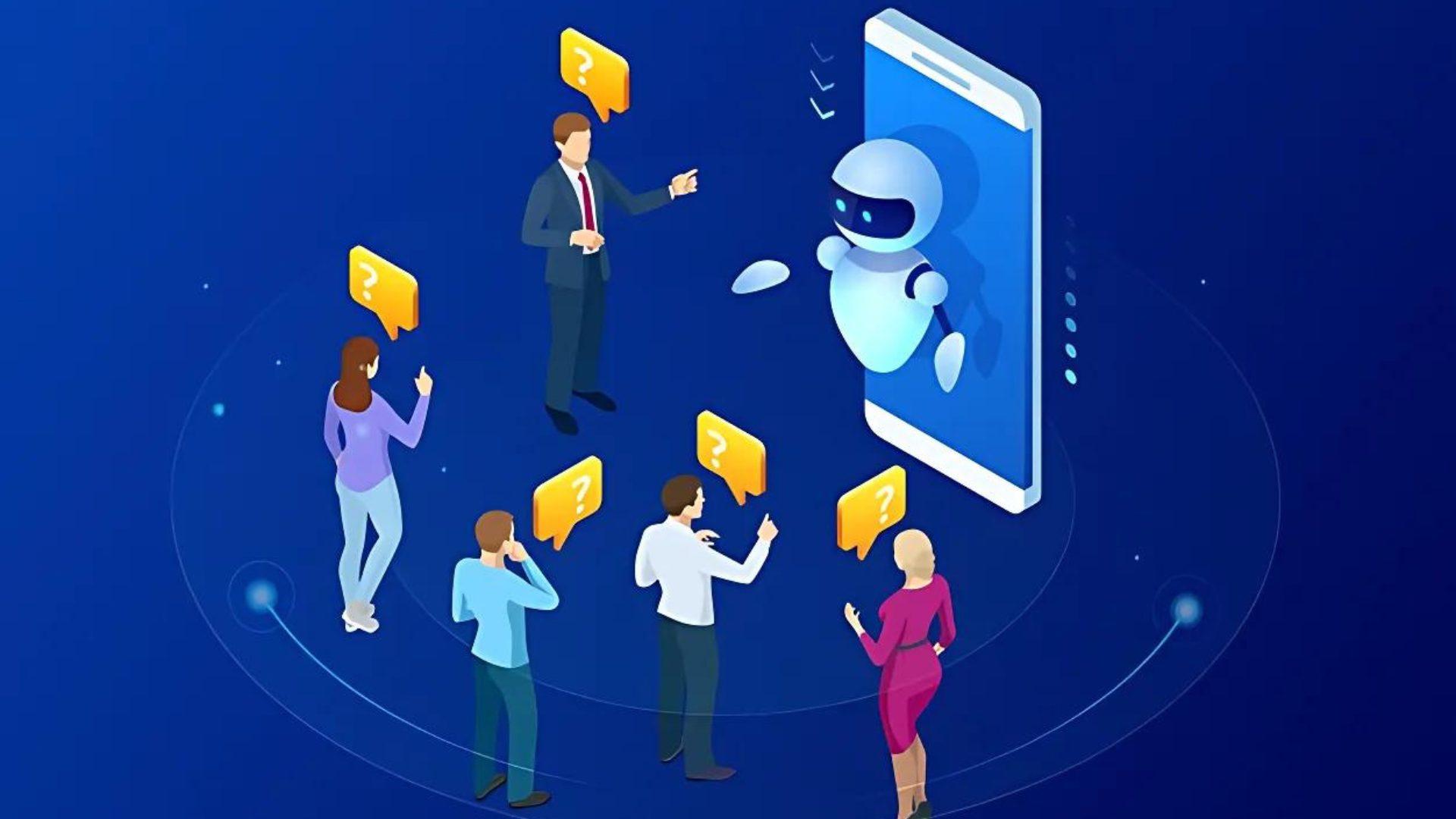
One big benefit of AI chatbots is their ability to make customer service better. They help businesses by managing many customer inquiries at once. This lets human agents work on harder or more sensitive issues.
AI chatbots provide instant responses and quickly solve questions. This helps customers avoid long waits for help, making them feel happier. When they receive fast assistance, they feel less frustrated. This results in better customer satisfaction and may lead to their loyalty to the brand. As a result, there can be more repeat business.
Chatbot conversations gather useful information about customer behavior. This data helps businesses learn what customers want and need. The data helps companies enhance what they offer to customers. They can also adjust their marketing strategies based on real-time feedback and trends.
Enhancing Human-Agent Efficiency through AI Assistance

AI chatbots are good at handling tasks and making business operations better. Still, they do not intend to fully take the place of human agents. They serve as useful tools. They manage simple tasks. This allows human agents to focus on more complicated customer issues. These issues require understanding, critical thinking, and a personal touch.
When businesses use AI chatbots for customer service, they help create teamwork. Chatbots can handle simple questions, gather basic information from customers, and respond to easy requests. If a customer’s question is complex or sensitive, the chatbot quickly hands over the conversation to a human agent. The human agent already has all the previous details.
This clever combination of AI and human help ensures that customers receive fast and effective service. They still benefit from the understanding and problem-solving skills that only human agents can provide. This way, customers have a better mix of support and efficiency in customer support.
AI Chatbots Versus Human Agents: A Comparative Analysis

The talk about AI chatbots and human agents focuses on their good and bad points. Both play a key role in giving great customer support. It’s helpful to understand what each can do to use them together effectively.
AI chatbots are good at giving instant responses. They can answer many questions at the same time and are available all the time. But, they may not catch feelings like people do. Human agents are better at connecting with customers. They show empathy and can solve complex issues that need creativity and deep thinking.
Evaluating the Strengths of AI Chatbots
- AI chatbots are essential in customer service due to their numerous benefits:
- Cost reduction
- Increased efficiency in processes
- Chatbots can handle simple tasks such as:
- Answering common questions
- Providing order updates
- Assisting with basic problems
- By managing routine inquiries, chatbots allow human agents to focus on:
- More complex issues
- Sensitive customer concerns
- Key advantages of chatbots include:
- Instant responses are available 24/7
- Elimination of wait times and inconsistent service levels
- The availability of chatbots enhances:
- Customer satisfaction
- Reduction in lost inquiries
- As businesses expand, chatbots assist in:
- Managing customer service efficiently
- Reducing the need for additional staff
- Overall, chatbots facilitate:
- Significant cost savings
- Sustained excellent customer support
The Unmatched Value of Human Touch in Customer Service

AI chatbots are changing customer service. They are fast and simple to use. Still, human agents play a key role in providing excellent customer experiences. Humans bring empathy and understanding. They can build trust too. This personal connection is something AI chatbots can’t match, no matter how advanced they become.
Some situations require more emotional skill and careful talk than AI can offer. A human agent can feel unexpressed emotions and manage delicate subjects with care. They can also provide solutions that match each customer’s unique needs. This skill builds customer loyalty and creates a positive brand image.
AI chatbots can help with simple tasks in customer service operations. However, human agents are important. They create real connections and build strong relationships. Human agents also handle the more complex needs of customers. This work is vital for ensuring a good overall experience. A positive experience encourages customer loyalty and helps the business grow.
Pioneering Customer Support Strategies with AI Chatbots

AI chatbots are not just about giving automatic answers. They can really change customer support. Businesses can use this tech to work better. They can also find new and personal ways to help customers.
By using AI chatbots to analyze vast amounts of data, businesses can make their interactions feel more personal. They can connect with customers before those customers ask for help. This creates support systems that focus on the needs of the customers. These systems can predict what customers want and provide them with solutions made just for them. This helps businesses develop stronger and more meaningful ties with their customers.
Customizing User Experiences with AI

With AI chatbots, customer interactions are no longer dull. Now, personalized experiences are the future of customer service. AI chatbots are leading this change. These smart tools can collect and study customer data. They look at past chats, purchase history, and browsing actions. This helps create detailed customer profiles. It also allows for tailored interactions based on each person’s likes.
AI chatbots use predictive analytics to understand what customers may need. They can jump in to help or make suggestions. For example, a chatbot can contact a customer who just made a purchase. It can provide support, answer any questions, and ensure the experience goes well. This changes a basic reply into a thoughtful action that increases satisfaction and encourages loyalty.
AI chatbots learn from each conversation. They get better at understanding what customers like. This helps them make future chats feel more personal. Their ability to grow and change means that the user experience keeps improving. This offers a personal touch, which can boost customer satisfaction and helps a business stand out from the competition.
Leveraging AI for 24/7 Customer Support Availability

In today’s connected world, businesses need to offer customer support around the clock. Customers expect help any time, both day and night. It is important to meet these needs to keep customers happy and loyal. However, providing support all the time with human workers can be costly and difficult to manage.
AI chatbots can help with this problem. They make it easy for businesses to provide customer support all day, every day, without spending a lot of money. Chatbots can give quick answers, assist customers, and solve issues whenever they need help, no matter what time it is.
Easy access meets customer expectations. It shows that a business values reliable support. This allows businesses to serve people from all over the globe. It helps build a strong reputation for being quick to respond. Constant support strengthens relationships with customers. It builds trust and keeps the brand on customers’ minds.
The Impact of AI Chatbots on Customer Satisfaction Metrics

The use of AI chatbots in customer service can boost customer satisfaction. They make several parts of customer service better. This includes quicker response times and solving issues more often. They also help make customers feel happier. AI chatbots improve how customers feel about the brand and help build stronger relationships.
Chatbots provide instant responses, personalized help, and service that is always available. They solve key problems for customers. This means happier customers, fewer people leaving, and better loyalty to brands. All these advantages help businesses grow over time.
Analyzing Improvements in Response Times and Resolution Rates

Faster response times and quickly solving problems are key to keeping customers happy. In the past, businesses found it hard to give quick answers using just human workers. AI chatbots can help with this. They provide instant responses and can handle many questions at the same time. This is a big improvement.
Chatbots help solve a big problem for customers by reducing or even removing wait times. Long waits can annoy people and harm the brand’s image. When customers get quick responses, it creates a good first impression and leads to better customer service.
AI chatbots are good at answering simple questions quickly. They can find useful information and guide customers towards easy solutions. This makes customer service smoother and more satisfying. Customers feel listened to and appreciated.
AI Chatbots and Their Influence on Net Promoter Scores (NPS)
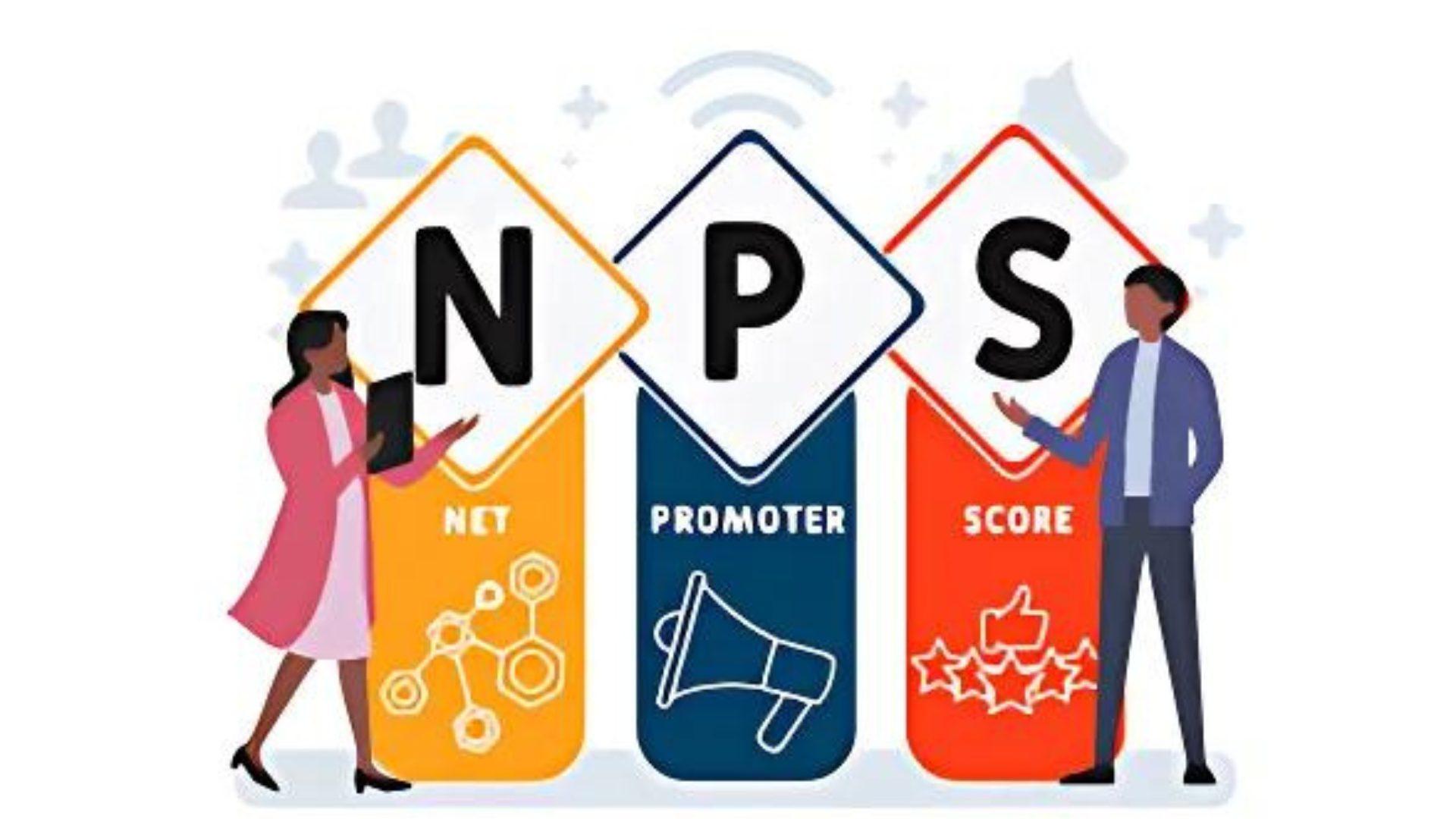
AI chatbots are very important for improving Net Promoter Scores (NPS). They help by giving instant responses and improving customer experiences. This also reduces wait times. With the power of AI and NLP, chatbots provide accurate information and personal help. They offer effective solutions for customer queries.
Recent studies show that chatbots really boost customer satisfaction and loyalty, which helps NPS go up. By fulfilling customer needs and offering smooth support, AI chatbots change how customer service works. They make the overall customer experience better in 2025.
Best Practices for Implementing AI Chatbots in Customer Support

Adding AI chatbots to customer support is more than just setting them up. You need a good plan. This plan should aim to improve the user experience. It should also include good data and continuous enhancement of the system. Companies must work on making simple and clear interfaces. They also need to train AI models with the right data. Keeping the chatbot’s skills updated is important for smooth and helpful interactions with customers.
By using the best practices, companies can tap into the full power of AI chatbots. They can shift from basic reply systems to smart and caring virtual helpers. These helpers can greatly enhance the overall customer experience.
Designing an Intuitive Chatbot User Interface
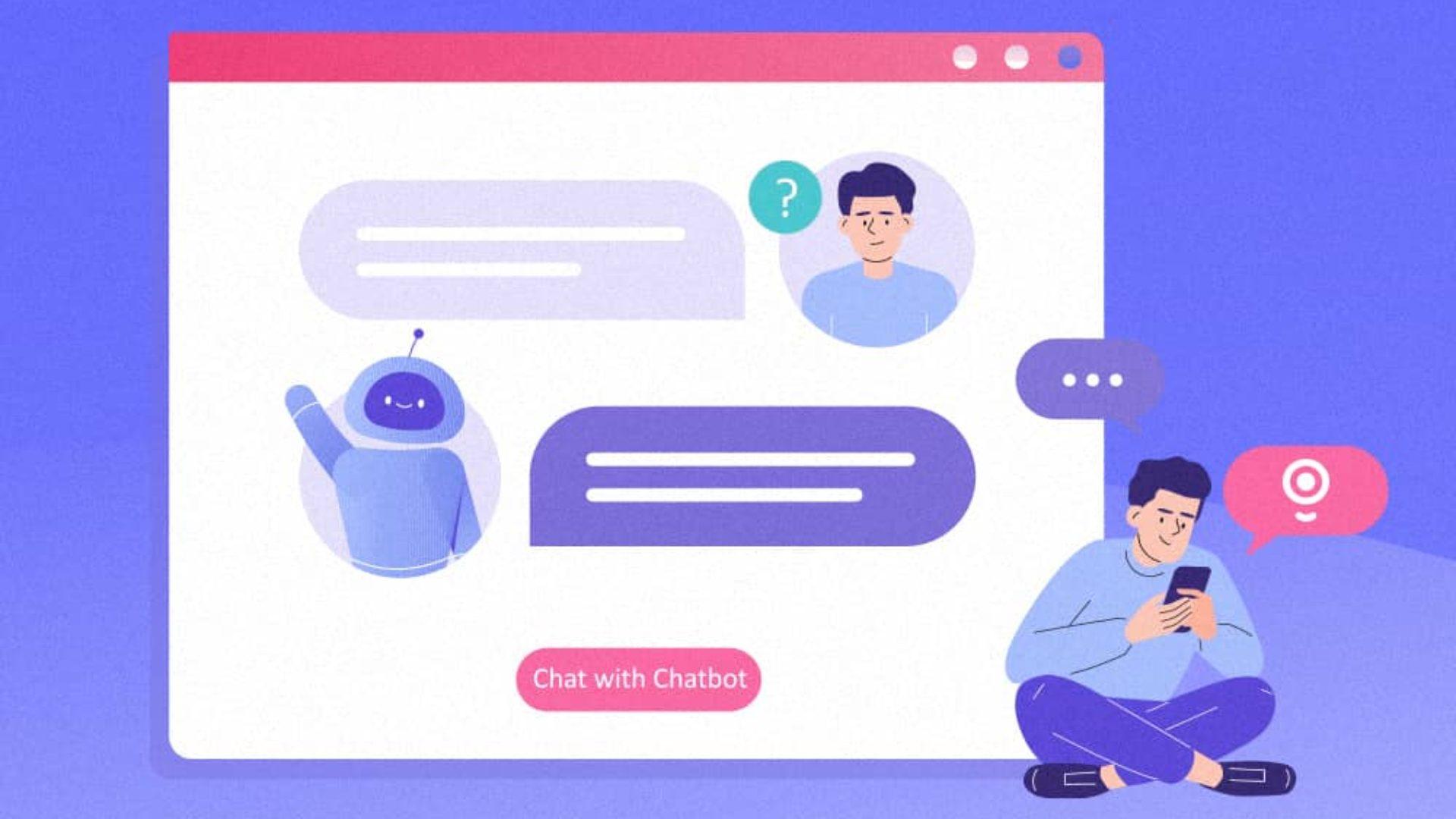
The user interface (UI) of an AI chatbot is very important. It affects how customers view the chatbot and can make them want to chat. A friendly and simple interface can improve a customer’s experience a lot. It’s key to design a UI that looks nice, is easy to use, and helps customers when they talk to the virtual assistant.
A good chatbot UI should provide clear instructions. It should also offer simple help options. The conversation paths need to feel natural, just like talking to a real person. Adding visuals like images, videos, or buttons can improve the user experience. This enhances the enjoyment and interaction for users.
The main goal is to make a chat that is easy and fun. This chat should help customers find the information they need, fix problems, or finish tasks without any trouble. When this happens, they will feel good about the chatbot and the business behind it.
Training AI Chatbots with Quality Data Sets
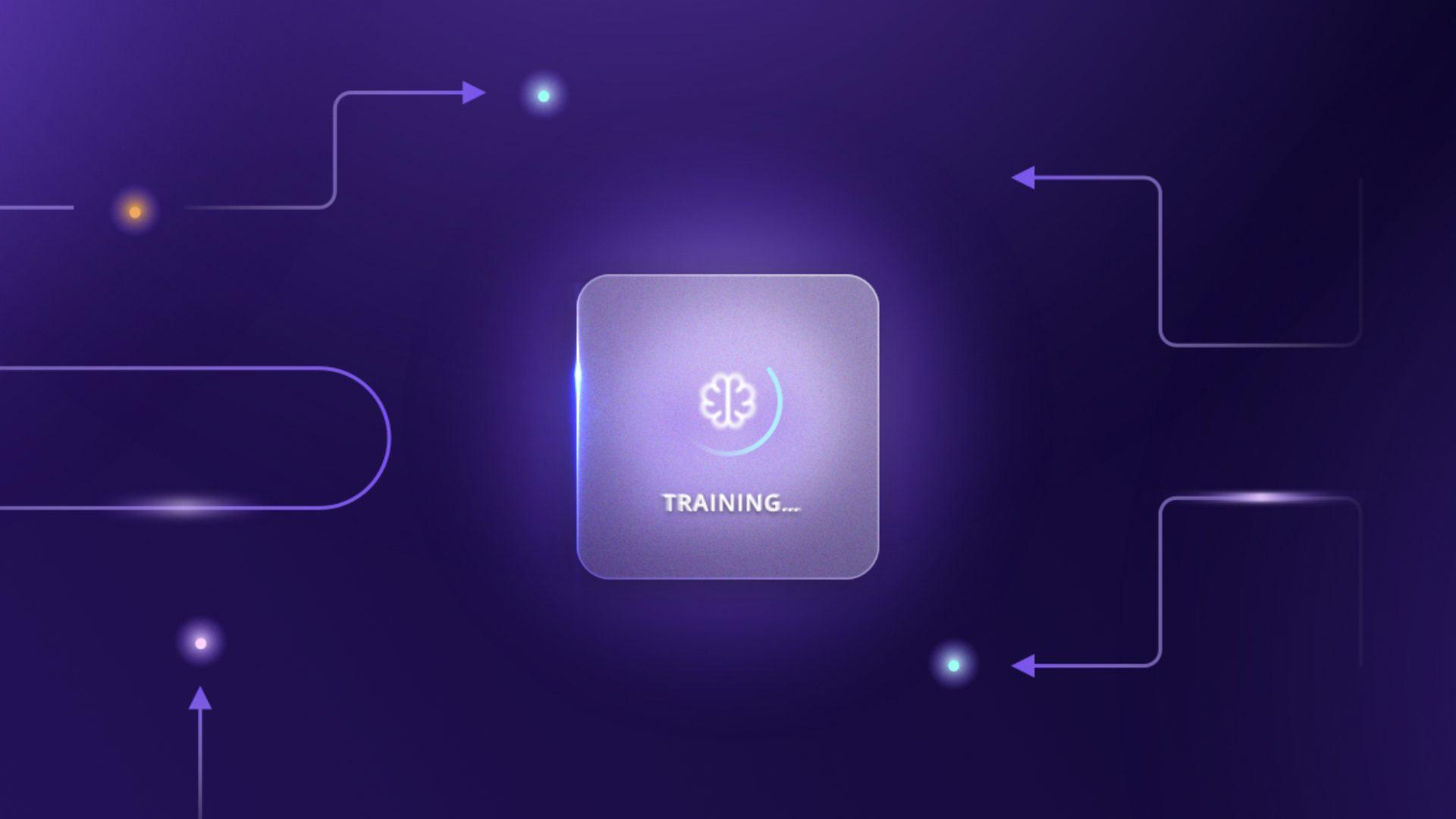
The success of AI chatbots relies a lot on the quality of their training data. Machine learning tools need good data to learn patterns and understand language. They also need this data to give correct answers. The phrase “what you put in is what you get out” holds true in this situation.It highlights how important it is to train AI chatbots with clear and high-quality data sets.
Businesses should spend time and effort to collect data about customer inquiries. This data should cover different needs and possible conversation paths. It must include various types of customer data, like past chat logs, emails, and common questions. It’s important to make sure the data is correct and diverse. This will help avoid biases. A diverse data set allows the chatbot to meet the needs of all types of customers.
Keeping the training data fresh with recent interactions, new products, and changing Customer trends is very important. An updated database helps the chatbot stay accurate. This way, it can handle customer inquiries better, even when things change.
Overcoming Challenges in AI Chatbot Integration
AI chatbot technology has come a long way, but businesses may still run into issues when using it. It’s important to address concerns about privacy and security, as well as cultural differences. This approach will help build trust and provide a good customer experience.
Businesses need to make data safe. They should teach chatbots about cultural differences. Also, they should have simple ways for customers to reach human agents when complex issues come up. This balanced approach to using AI in customer service will help them get benefits while also caring about ethical concerns.
Addressing Privacy and Security Concerns

As more businesses use AI in customer service, it’s important to pay attention to privacy and safety. This helps earn the trust of customers and ensures their data is protected. Chatbots often deal with sensitive information, such as personal and financial data. Therefore, companies must set up strong security measures to keep customer information safe from unauthorized access or breaches.
Being clear about how data is handled is very important. Businesses need to explain to their customers how they collect, use, and protect their data. It is also essential to ask for customers’ permission before collecting data. When customers have control over their data, it makes them feel more confident. It also shows that the business respects ethical data use.
Security steps, such as data encryption, safe storage, and regular checks, are very important. They help keep interactions with AI chatbots safe. Businesses can reduce risks by following the best practices in data security. Focusing on customer privacy creates trust. This trust is key for the success of AI chatbots in customer service.
Ensuring Cultural and Contextual Relevance in India
Adapting AI chatbots for India requires careful planning. India has many cultures, languages, and special customer needs. The aim is to build chatbots that relate well to Indian users. It is more than just changing words to different languages. It also means understanding the culture and context.
Chatbots need to speak several languages that people in India use. This includes languages like Hindi, Tamil, Telugu, and Bengali, as well as English. By doing this, they can help many different customers in India. It is also important to use the right greetings and show respect. When chatbots communicate in a way that feels friendly and familiar, they can become more relatable and helpful.
AI models need to be trained on information that is specific to India. This includes local slang, daily expressions, and cultural details. When chatbots are trained this way, they can understand questions better. They will also respond in a way that suits the local culture. This practice helps to build a connection and trust with Indian customers.
Future Trends in AI Chatbot Technology

As AI technology improves fast, it will change how AI chatbots help in customer service. Better natural language processing, machine learning, and emotional AI will allow chatbots to know and respond to customer needs more effectively. This will make the customer service experience feel more personal and work better.
The future looks good because new chatbots use voice and give personal services. They will also connect easily with other digital platforms. These changes will make customer expectations for service quality higher. Businesses will have to meet these new standards to provide great and personal customer experiences.
The Emergence of Emotionally Intelligent Chatbots
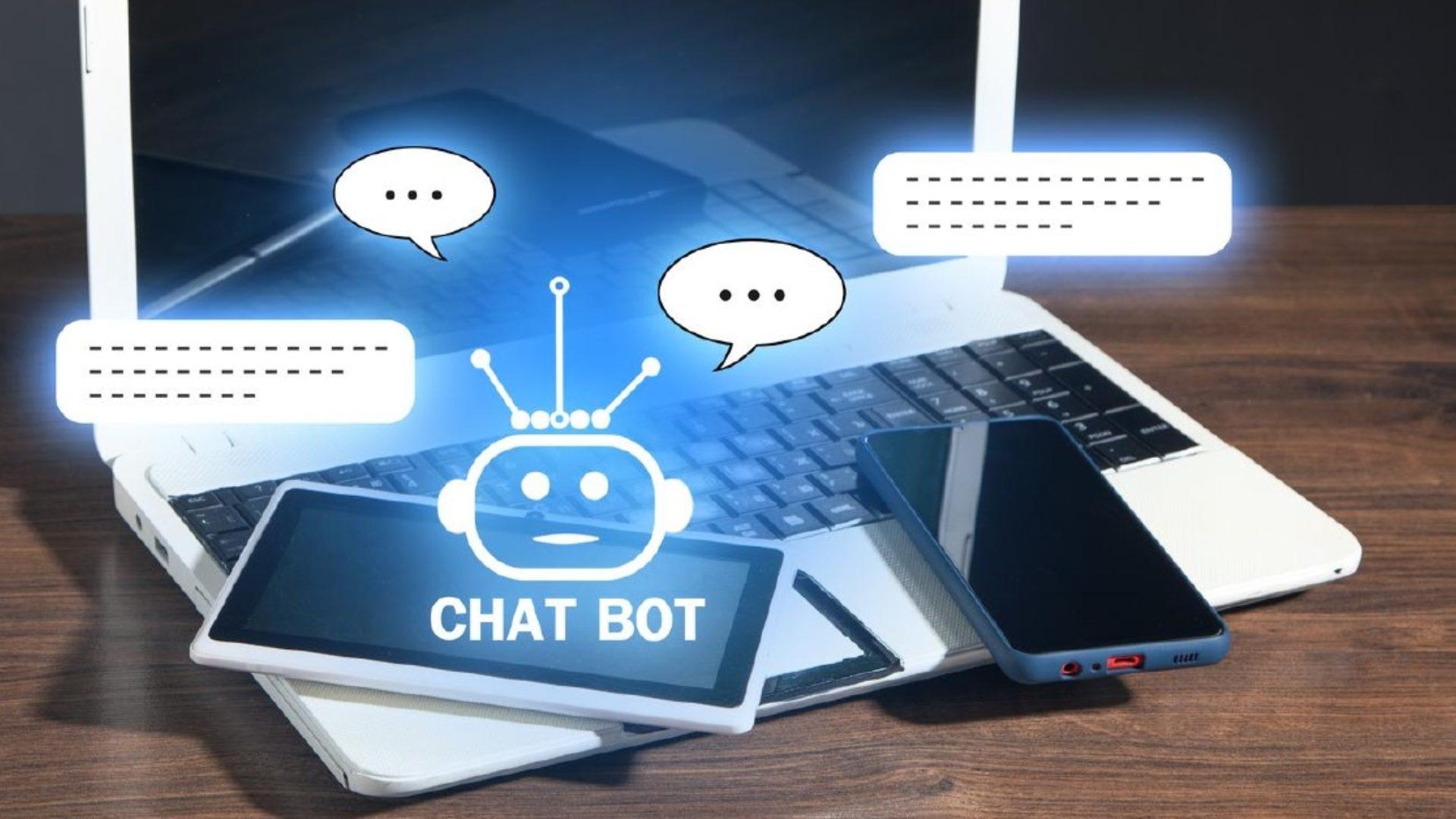
The next big development in AI chatbot technology is creating chatbots that can feel human emotions. These new chatbots will pay attention not only to what the customer says but also to their feelings, tone, and emotional signs.
Emotional chatbots can adjust how they talk to people by watching their actions. They look at word choices, sentence structure, and even the use of emojis. For example, if a chatbot notices that someone is frustrated, it can respond in a friendly way. If the customer has positive feedback, it may reply with happy messages.
When chatbots understand feelings, they can make the customer experience much better. This helps businesses bond more with their customers, gain trust, and deal with delicate issues more effectively. Making AI chatbots that see and reply to emotions can change how companies interact with their customers.
Advancements in Natural Language Processing (NLP) and Machine Learning

Advancements in natural language processing (NLP) and machine learning are crucial for better customer service. With the power of AI, chatbots can give instant responses. They do this by looking at a lot of data to share accurate information. NLP helps chatbots understand customer inquiries more clearly. The use of AI chatbots improves customer satisfaction, leading to increased loyalty. Machine learning allows chatbots to learn and adapt to customer behavior. This way, they can give accurate responses, even for complex issues. These improvements make customer service operations more efficient and save costs.
Challenges and Milestones in AI Chatbot Development
Creating smart AI chatbots that can talk like people and understand difficult questions is hard. AI chatbot developers must always work on their algorithms. They also need to handle a lot of data and make sure the chatbot gets better at understanding human language.
Creating chatbots that do more than just simple tasks is a big challenge. These chatbots need to show they understand what people mean and the context behind it. Developers are working on smart solutions to fix this. They use advanced natural language processing (NLP) and train AI models with different data sets. This makes chatbots better at understanding language and emotions. Developers aim to make chats more engaging and feel more like talking to a person.
As developers put effort into making AI chatbots better, they focus on a few key areas. They want to improve sentiment analysis so chatbots can read feelings. They also aim to understand the context better. Finally, creating personalized responses will enable chatbots to handle more complex tasks in customer service and beyond.
Predictions for AI Chatbot Capabilities by 2025
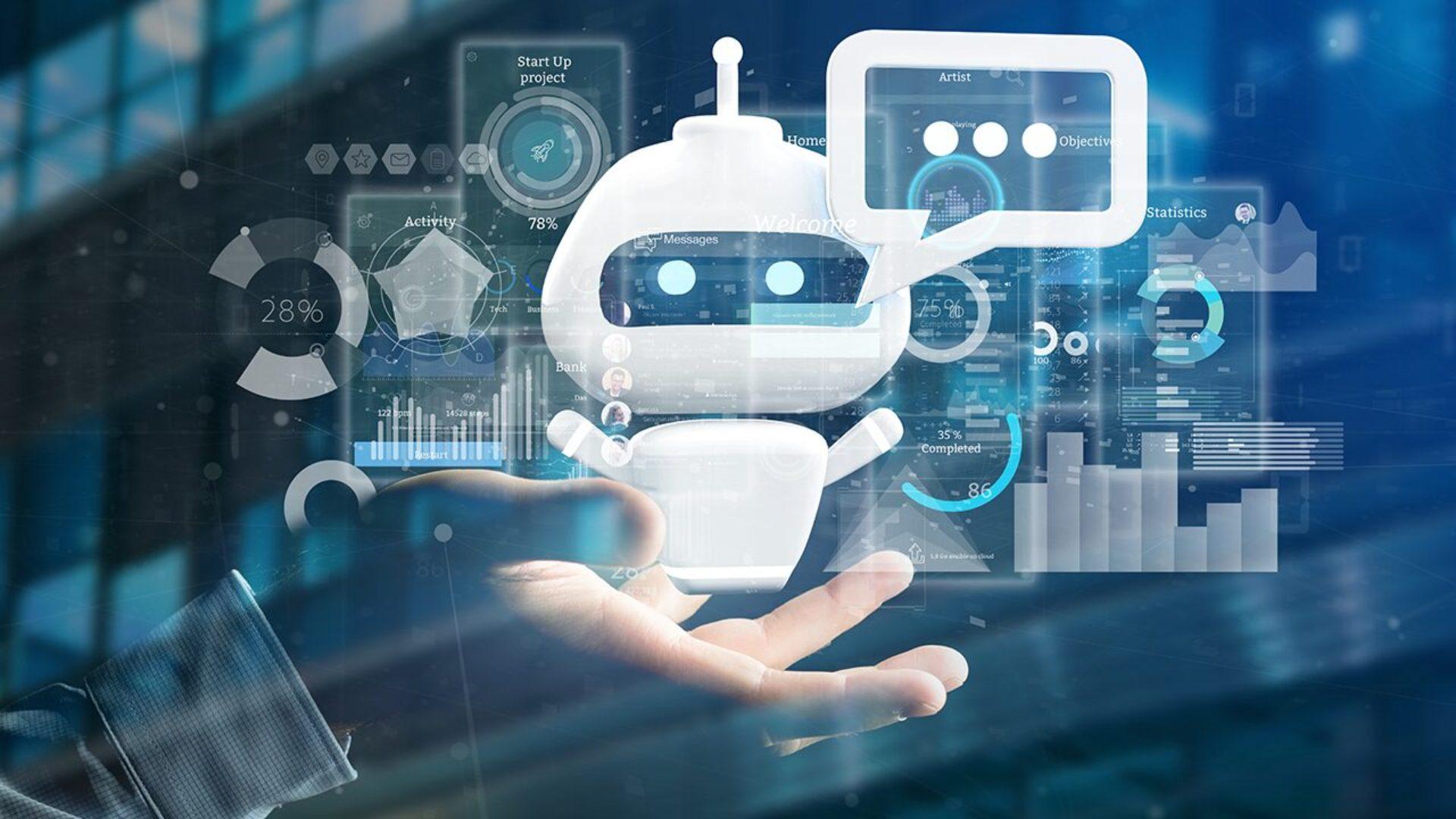
The future of customer service will rely a lot on better AI chatbot technology. By 2025, we will notice major changes in how customers connect with businesses. Right now, AI chatbots are moving from being basic helpers to becoming partners who can guess what customers need. These chatbots will give personalized advice and help, much like a real person would.
One exciting new trend is making chatbots that are emotionally smart. These chatbots can understand how customers feel and respond accordingly. This will help create a stronger bond and improve customer satisfaction. With better natural language processing (NLP), chatbots can engage in clearer and more realistic conversations. This makes them feel more human to users.
By 2025, businesses will use AI chatbots differently. These chatbots will not just answer questions anymore. They will provide specific financial advice and suggest products based on customer preferences. They will also help guide customers during their journey. This will make chatbots very important for improving the customer experience.
It is expected that the chatbot industry will grow a lot. By 2025, its size should be about 1.25 billion U.S. dollars. This is a big jump from just 190.8 million U.S. dollars in 2016.
Preparing Your Business for AI Chatbot Adoption
Integrating AI chatbots into customer support requires good planning. Businesses should review their current customer service processes. They need to identify parts where automation can be very helpful. It is also essential to make sure that their technology can easily work with chatbots.
Companies need to consider the benefits of using AI chatbots. They should also think about important things like data privacy, security, and cultural sensitivity. Paying attention to these issues is important for using AI chatbots successfully and sustainably. Doing this will make the customer experience better and help businesses grow.
Key Factors to Consider Before Integration
To use AI chatbots in your business, you need to know your customer service area. You should also have clear business goals and be aware of potential problems. Here are some key points to think about before using AI in customer service.
First, check how your customer service works right now. Look for problems and find areas that are not working well. See where automation can help. Consider the number of customer inquiries you get. Think about how complex these inquiries are. Also, look at the types of requests you receive and the common pain points. These are areas where instant responses or 24/7 service could be very useful.
Next, see if AI chatbots can work with your current technology and data systems. Ensure that your setup can connect easily with chatbot platforms. It’s also important to protect data and share it well between different systems. You need to make a clear plan for how to put everything in place.
Measuring the ROI of AI in Customer Service

Measuring the return on investment (ROI) of AI in customer service is more than just looking at cost savings. It is important to consider how these chatbots affect customer satisfaction. Also, we should think about their role in boosting engagement and keeping customers. Reduced operational costs matter, but the overall effect on customers is key.
A complete ROI analysis looks at both numbers and opinions. It takes into account the savings in customer service costs, better response times, and higher resolution rates. It also looks at feedback from customer surveys, testimonials, and social media. This feedback gives important insights into how people feel about AI chatbots and their impact on customer experience.
| Metric | Description |
| Cost Savings | Reduction in customer service costs, such as staffing, call center operations, and infrastructure. |
| Response Time Improvements | Decrease in average response times to customer inquiries. |
| Resolution Rate Enhancements | Increase in the percentage of customer inquiries resolved successfully. |
| Customer Satisfaction Levels | Improvement in overall customer satisfaction scores, measured through surveys and feedback mechanisms. |
| Customer Retention Rates | Increase in the percentage of customers who continue doing business with the company over a specified period, indicating improved loyalty. |
Conclusion
AI chatbots are changing how businesses handle customer support. They help make things faster and easier, which increases customer satisfaction. As companies plan for the future, using AI chatbots can give them a competitive edge. These chatbots offer personalized help and are available 24/7. However, having a human touch remains important for good service. By following best practices and preparing for new trends, businesses can enhance their customer support with AI chatbots. Stay aware of updates in AI chatbot technology to fully unlock the potential of customer service in the digital age.
Ready to Elevate Your Customer Support?
At mVerve, we help businesses implement AI chatbot solutions tailored to their unique needs. Whether you’re looking to boost efficiency or provide seamless, personalized support, our team can guide you through the process.










